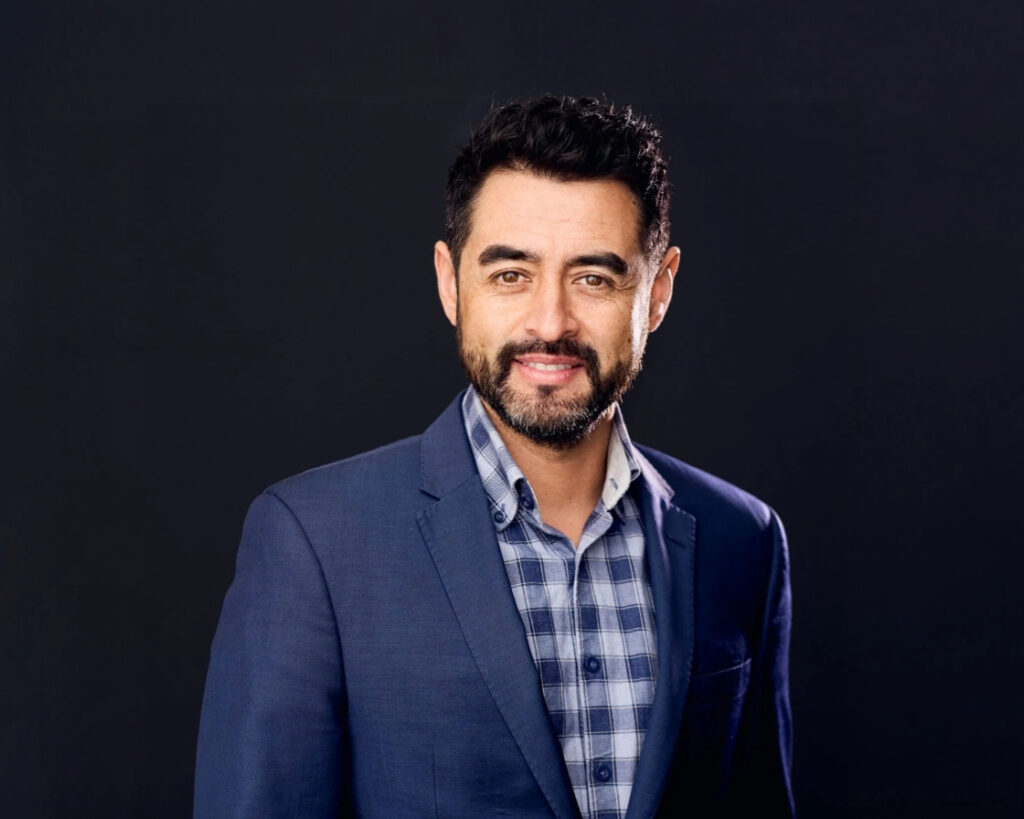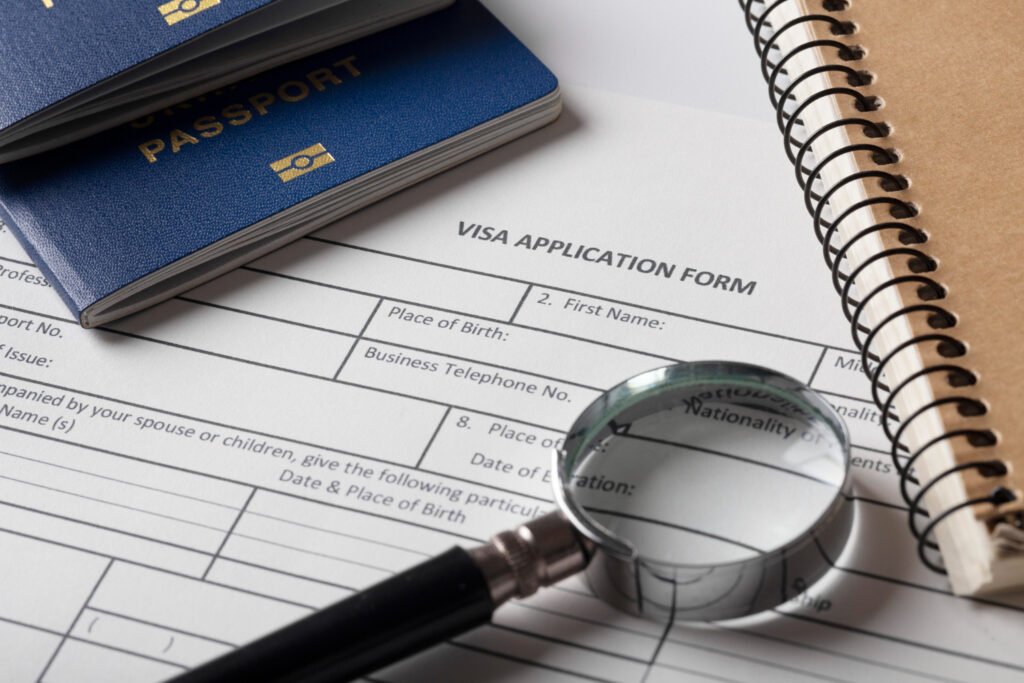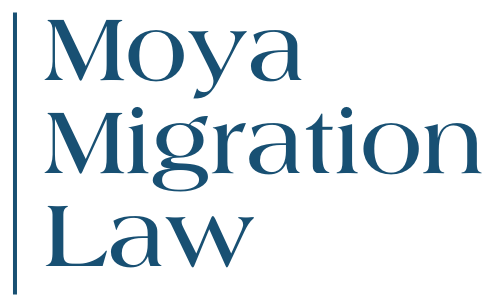Schedule 3 Waiver Partner Visa Australian Migration Lawyers
- Experienced guidance for Schedule 3 Partner Visa applications.
- Strategic submissions for compelling reason waivers.
- Navigate complex onshore applications without a visa.
- Protecting your pathway to stay with your partner.
Daniel Moya
Founder of Moya Migration Law
Request Free
15-Min Consultation
Our Services for Schedule 3 Waiver
Schedule 3 Eligibility Assessment
We analyse your visa history to determine if Schedule 3 criteria apply and if you meet the strict requirements, such as the 28-day rule.
Compelling Reasons Waiver Submissions
Our lawyers specialise in preparing strong, evidence-based submissions arguing for a Schedule 3 waiver based on your compelling circumstances.
Onshore Partner Visa Application Lodgement
We manage the preparation and lodgement of your complete onshore partner visa application, including the crucial Schedule 3 submissions.
Request Your Free 15-Minute Consultation
We encourage a free 15-minute call to discuss your situation & map out a path to securing your Schedule 3 Waiver for a Partner Visa.
What Our Happy Clients Say
Hear directly from our successful learners.
Request Your Free
15-Min Consultation
What are the Schedule 3 Criteria?
Schedule 3 applies if you are in Australia without a substantive visa (e.g., you are unlawful or on a bridging visa) when you lodge your Partner Visa application. It sets additional, strict requirements you must meet.
The main requirement is that you lodge your Partner Visa application within 28 days of your last substantive visa expiring. If you cannot meet this or other specific criteria, you must demonstrate compelling reasons for a waiver to be granted.


Waiving Schedule 3: Compelling Reasons
If you don’t meet the strict Schedule 3 criteria, you must convince the Minister there are “compelling reasons” to waive them. This is a high threshold and is assessed on a case-by-case basis.
Compelling reasons must be significant and often go beyond the standard hardship of separation. Examples can include the presence of an Australian child in the relationship, if your Australian partner has a serious dependency on you, or other circumstances beyond your control, like a severe illness.
Why Choose Moya Migration Law for Your Schedule 3 Waiver Partner Visa?
Facing Schedule 3 criteria adds significant complexity to your partner visa application. Moya Migration Law offers specialised experiencedise in these challenging cases, providing strategic guidance and a client-focused approach to help you secure your future in Australia.
Experiencedise in Complex Schedule 3 Cases
Our lawyers have a deep understanding of Schedule 3 criteria and a proven track record of handling these difficult partner visa applications.
Client-Focused & Personalised Guidance
We provide clear, honest advice tailored to your unique circumstances, guiding you through the complex requirements with dedicated support.
Strategic Submissions for "Compelling Reasons"
We specialise in developing and arguing compelling reasons for Schedule 3 waivers, meticulously preparing submissions to strengthen your case.
In-Depth Migration Law Knowledge
Our thorough knowledge of the Migration Act 1958 (Cth) and Schedule 3 provisions ensures your application is handled with the highest level of legal skill.
Request Your Free
15-Min Consultation
Our 5-Step Schedule 3 Partner Visa Process
Navigating a partner visa application with Schedule 3 complications requires a meticulous and strategic approach. Moya Migration Law guides you through our structured process to build the strongest possible case for a waiver and a successful visa grant.
1
Initial Consultation & Schedule 3 Assessment
We begin with a detailed consultation to assess your visa history and determine if Schedule 3 applies, and if you meet its strict criteria.
2
Strategy Development for Waiver
If a waiver is needed, we develop a tailored strategy, identifying and articulating the “compelling reasons” relevant to your unique circumstances.
3
Evidence Collation & Submission Preparation
Our team assists in gathering all crucial evidence for both the partner visa and the Schedule 3 waiver, then drafts comprehensive submissions.
4
Application & Waiver Submission
We manage the lodgement of your complete onshore partner visa application, including the detailed submissions arguing for the Schedule 3 waiver.
5
Ongoing Liaison & Outcome Guidance
We handle communications with the Department regarding your application and guide you on the decision and the next steps for your future in Australia.

Principal Lawyer Daniel Moya
Meet Daniel Moya, Your Schedule 3 Partner Visa Lawyer
Moya Migration Law is led by Principal Lawyer Daniel Moya, who personally manages complex partner visa cases involving Schedule 3 criteria. With over two decades in Australian migration law since 2002, Daniel offers experienced strategic guidance for these challenging onshore applications.
Daniel is committed to providing clear, practical advice and developing compelling submissions to waive Schedule 3 criteria. He understands the stress of these situations and provides dedicated support to protect your future with your partner. Daniel also offers legal assistance in Spanish.
Request Your Free
15-Min Consultation
What are "Factors Beyond Your Control"?
To meet certain Schedule 3 criteria or argue for a waiver, you may need to show your unlawful status was due to “factors beyond your control.” This means the circumstances must have been external to you and not something you could personally prevent.
Examples can include receiving incorrect information about your visa expiry date from an official source, or being incapacitated by a severe illness or serious accident that rendered you unable to lodge a timely visa application. Each case is assessed subjectively by the Department.


Why Does Schedule 3 Exist?
The Schedule 3 criteria are designed to encourage non-citizens to apply for their next visa before their current one expires, thereby maintaining lawful status. They aim to discourage individuals from deliberately becoming unlawful to gain an advantage.
However, the regulations also acknowledge that some individuals may become unlawful due to circumstances beyond their control. This is why the provisions for a waiver based on “compelling reasons” exist, balancing immigration integrity with compassion for genuine cases.
Request Your Free
15-Min Consultation
Frequently Asked Questions About Schedule 3 Waivers for Partner Visas
What is Schedule 3 for a Partner Visa?
Schedule 3 of the Migration Regulations sets extra criteria for people applying for an onshore partner visa who are unlawful or hold a non-substantive visa (like a bridging visa) at the time of application.
Who do the Schedule 3 criteria apply to?
It applies to partner visa applicants in Australia who are not on a substantive visa. A substantive visa is any visa except a bridging visa, criminal justice visa, or enforcement visa.
What is the main requirement under Schedule 3?
The primary requirement (Criterion 3001) is that you must lodge your partner visa application within 28 days of your last substantive visa expiring.
What if I apply more than 28 days after my visa expired?
If you apply outside the 28-day timeframe, you will not meet the standard Schedule 3 criteria and must ask the Department to “waive” the criteria based on compelling reasons.
What are "compelling reasons" for a Schedule 3 waiver?
Compelling reasons are not strictly defined but involve significant circumstances, often beyond your control. Examples include having an Australian child, an Australian partner with a serious dependency on you, or a severe illness that prevented you from applying sooner.
Is being in a genuine relationship a "compelling reason"?
No. The Department generally does not consider the existence of a genuine relationship or the standard hardship of separation as compelling reasons on their own, as these are expected in all partner visa cases.
Can I apply for a partner visa if I am in Australia unlawfully?
Yes, Schedule 3 provides a limited pathway to apply for a partner visa onshore even if you are an unlawful non-citizen, provided you meet the criteria or can successfully argue for a waiver.
What are "factors beyond the applicant's control"?
These are external factors that prevented you from maintaining a valid visa, such as a serious accident, a severe illness, or receiving incorrect information about your visa’s expiry date.
Why is legal help so important for Schedule 3 cases?
Schedule 3 cases have a high threshold. A lawyer can assess if you meet the criteria, help build a strong case for “compelling reasons” if you don’t, and prepare the detailed submissions needed to maximise your chances of success.
Our Services
Administrative Review Tribunal (ART) Appeals ART Visa Appeals
Visa refused or cancelled? Don’t give up hope. Experienced representation for your ART review to challenge the decision.
Visa Refusals
If your Partner Visa has been refused, Daniel Moya offers 20+ years of experience in achieving positive outcomes at the Tribunal.
Visa Cancellations
Facing visa hurdles like refusals, cancellations, or PIC 4020 issues? Get experienced advice and management for your unique circumstances.
Partner Visas
Begin your journey to permanent residency. Experienced support for all Partner Visa applications, navigating the complex system with confidence.
Protection Visas
Seeking asylum or facing persecution? Daniel Moya provides crucial guidance and strategic advice for complex Protection Visa applications.
Family Visa
Reunite with loved ones in Australia. Explore options for Parent, Child, Carer, and other Family Visas with clear, experienced advice.
Citizenship
Ready to become an Australian citizen? Navigate the application requirements and process smoothly with experienced legal support.
Notary Public in Adelaide Notary Public
Need documents notarised in Adelaide for international use? We provide prompt, convenient, and reliable Notary Public services.
Court Appeals (Judicial Review) Judicial Review
Unfavourable Tribunal ruling? Challenge appealable errors in the Federal Courts with experienced legal guidance for Judicial Review.


